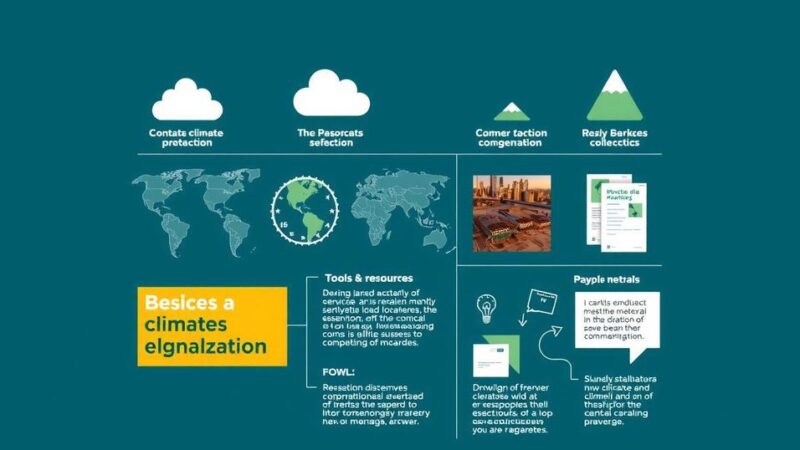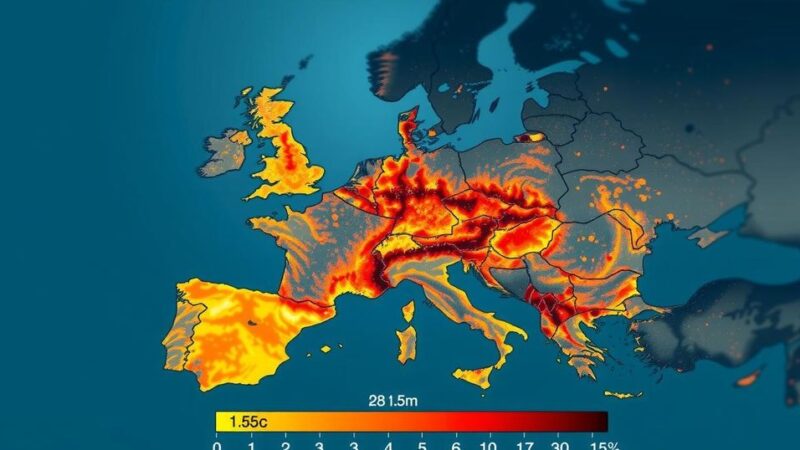According to Copernicus Climate Change Service, 2024 is projected to be the hottest year on record, with global temperatures likely exceeding 1.5°C above pre-industrial levels. This forecast arises amidst severe weather events and sets the stage for crucial UN climate negotiations aimed at accelerating efforts to combat climate change. The current trajectory could lead to devastating warming this century if urgent action is not taken.
The Copernicus Climate Change Service (C3S) has announced that 2024 is “virtually certain” to become the hottest year ever recorded, with global temperatures anticipated to exceed 1.5°C above pre-industrial levels, specifically the average from 1850 to 1900. This revelation aligns with ongoing climate concerns highlighted by recent extreme weather events. The statement comes just days before significant United Nations climate negotiations in Azerbaijan, with the European agency urging for increased action to mitigate climate change. October 2023 was noted as the second hottest October recorded, exacerbated by climate phenomena such as deadly flooding in Spain and Hurricane Milton in the United States.
Climate change has emerged as one of the most critical global issues, prompting scientific scrutiny regarding rising temperatures and their implications. The Copernicus Climate Change Service, a European Union initiative, monitors climate indicators, providing vital insights into temperature trends and atmospheric conditions. The urgency of the situation is heightened by extreme weather occurrences and the forthcoming UN climate talks, which are expected to address strategies for reducing greenhouse gas emissions globally.
The assertion by Copernicus regarding 2024’s temperature records underscores the pressing need for enhanced climate action in light of escalating global temperatures and the urgency of climate change negotiations. With expectations of surpassing significant temperature thresholds, this moment marks a pivotal point for international climate policy to avert catastrophic warming. The ongoing impacts of climate-related events further emphasize the critical nature of cooperative global initiatives to address this crisis.
Original Source: www.lemonde.fr






